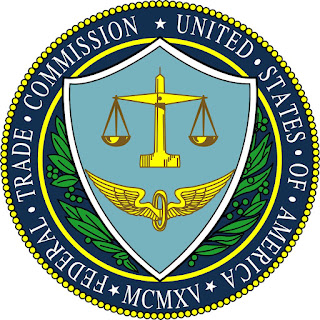Until now, I've avoided writing about Dilenogate, the story that has gripped the Cleveland legal community and the nation.
- When an Employee Returns from FMLA Leave, Don't Be This Employer — via Jeff Nowak's FMLA Insights
- Maternity Leave Is Not "Sitting Around on Your Ass" — via Suzanne Lucas at Inc.com
- Firm Parts Ways with Lawyer Who Called Maternity Leave "Sitting on Your Ass", After Text Calling Maternity Leave "Sitting on Your Ass," Law Firm Looks oo Sit on Its Ass on Response, and "Collecting Salary from the Firm While Sitting on Your Ass" Is Certainly ONE Way for a Senior Lawyer to Describe Maternity Leave — via Above the Law
- Text accusing exiting lawyer of sitting on her keister during maternity leave leads to second departure — via ABA Journal
- Cleveland law firm, attorney criticized after social media post shows insulting text sent to attorney who left firm after maternity leave — via Cleveland.com
1.) Offer strong parental leave programs. The FMLA requires 12 weeks of unpaid leave. Consider offering more, or offering to cover the employee's pay for some/all of the leave. If you're not FMLA covered or the employee isn's FMLA eligible, consider mirroring the statute for your employees anyway.
2.) Ramp up/down policies. Plenty of employees work their full 40 right up until their due date, and jump right back into the deep end of work as soon as their leave ends. But consider a phase out and a phase in with reduced hours on both ends. It helps the new mom's physical health leading up to childbirth and her mental health in returning to work.
3.) Schedule flexibility. Parenting isn't a nine-to-five job. It's a 24/7/365 job that is really good at throwing curveballs to parents. Late nights with little sleep. Unexpected doctor appointments. Visits to the pediatric ER. Do you want a sleep deprived or otherwise distracted employee at work. You certainly won't get their best. So try to be as accommodating and understanding as possible. Flexible hours and remote work help ease the stress caused by the unexpectedness of raising a newborn.







